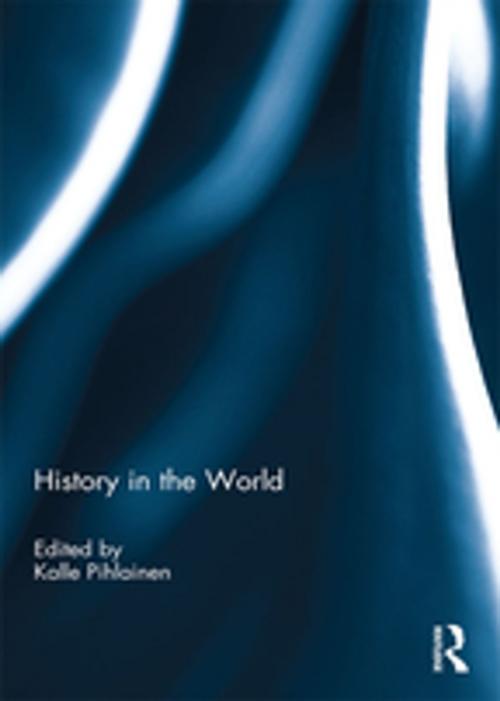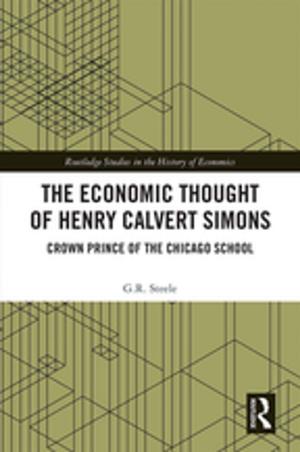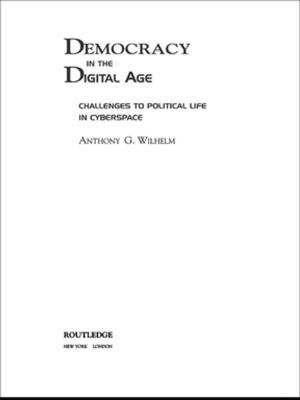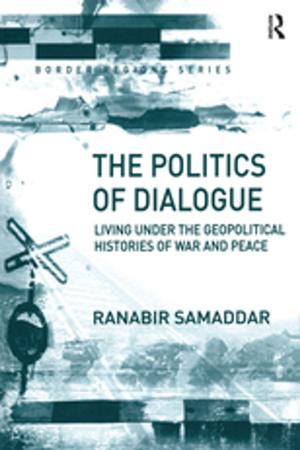| Author: | ISBN: | 9781351840309 | |
| Publisher: | Taylor and Francis | Publication: | March 4, 2019 |
| Imprint: | Routledge | Language: | English |
| Author: | |
| ISBN: | 9781351840309 |
| Publisher: | Taylor and Francis |
| Publication: | March 4, 2019 |
| Imprint: | Routledge |
| Language: | English |
Questions about the relationship between historical research and contemporary social and practical problems have posed a challenge to generations of historians, as well as to philosophers and theorists of history. In recent years, views regarding the isolation of academic history from real-world issues and affairs have come under increasing criticism. The contributions to this volume all focus on history’s role in the world today and on the possibilities for, and limits to, engagement resulting from disciplinary practices and conventions. The authors undertake their assessment of history’s relevance in different ways, combining case studies of political clashes, public debates, and practices of commemoration with sophisticated theoretical discussions of identity construction, the material manifestations of power, and the relationship between historicizing and expectations concerning future actions. These studies highlight the difficulty of distinguishing between history and politics, and between disciplinary accounts and activism, and contribute significantly towards an improved understanding of our relationship with the past. This book was originally published as a special issue of Rethinking History.
Questions about the relationship between historical research and contemporary social and practical problems have posed a challenge to generations of historians, as well as to philosophers and theorists of history. In recent years, views regarding the isolation of academic history from real-world issues and affairs have come under increasing criticism. The contributions to this volume all focus on history’s role in the world today and on the possibilities for, and limits to, engagement resulting from disciplinary practices and conventions. The authors undertake their assessment of history’s relevance in different ways, combining case studies of political clashes, public debates, and practices of commemoration with sophisticated theoretical discussions of identity construction, the material manifestations of power, and the relationship between historicizing and expectations concerning future actions. These studies highlight the difficulty of distinguishing between history and politics, and between disciplinary accounts and activism, and contribute significantly towards an improved understanding of our relationship with the past. This book was originally published as a special issue of Rethinking History.















